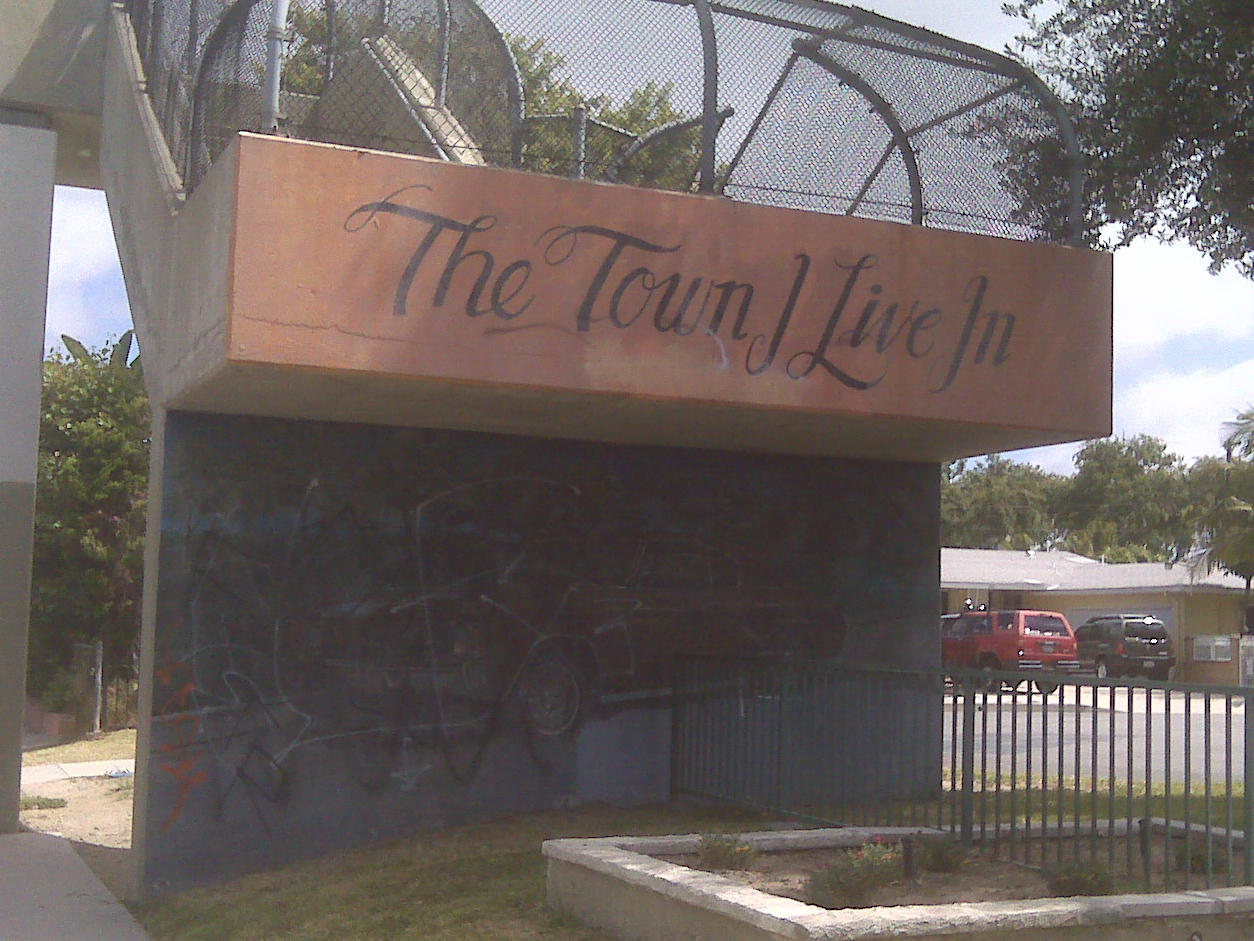I remember well my first sight of Mumbai. It was from the sea, and the steamboat which brought me had anchored in the harbour very early in the morning. When I made my way on deck, in the distance could be seen the low-lying land of the island with the Taj Mahal Hotel, the Rajabai Tower and other big buildings showing in the sunlight above the smoke.
It was not impressive or beautiful; indeed, it was depressing; but on landing and driving through the Fort my opinion was revised.
ADVERTISEMENTS:
Mumbai is justly famous for the large number of really magnificent buildings gathered together within the precincts of the Fort. The drive past the Secretariat, the University and the High Court is as fine as one could wish for.
The background formed by these imposing structures, the avenues of trees, the green grass, and the waters of Back Bay glistening in the sunlight, together form a picture that is not easily forgotten.
The Apollo Bunder, the stately Mahatma Gandhi Road with its rows of shops, the imposing buildings of the Victoria Terminus, the Municipal Offices and the St. Xavier’s College, the two latter facing the broad Azad maidan fringed with avenues of trees, add to the impression that this “urban prima in Indies” must also be the most beautiful in India.
The new comer sees in the Fort wide open spaces, shops and offices, but not a very large number of dwelling houses. He knows that there are nearly five million inhabitants of Mumbai, and begins to wonder where they all live. As he turns into the Indian town he finds a solution to the question that has arisen in his mind.
ADVERTISEMENTS:
The narrow streets are thronged by a restless crowd, the many-storied houses seem to seethe with humanity; and he notes with approval the sanitary action of the Improvement trust, which is driving great roads through this mass of houses, giving new lungs, and spreading sweetness and light in a place which, though picturesque, is chiefly significant for squalor and overcrowding.
Yet in many respects this portion of Mumbai is of more interest to the stranger than the Fort. It is Eastern, and all varieties of people, Hindus, Parsis, Muhammadans, Arabs, Pathans, even Negroes and Chinamen, may be seen following their daily occupations, buying, selling and working.
Here are few, if any, stately shops with plate-glass windows. Most of them have no windows at all, and some are not high enough to stand up in.
Their number is astounding; and most remarkable to one from the West is the way in which the sellers of the same articles gather together in one street.
ADVERTISEMENTS:
No impression of Mumbai would be complete without a visit to the Victoria Gardens, with its museum, lawns, trees, flowers, and its collection of wild animals.
A sight of the mills in the north, pouring forth their smoke, and a drive round Malabar Hill, where are situated the homes of the rich, serve us as a reminder, that this is one of the wealthiest cities of the world, and that its wealth is due to trade and industry.

